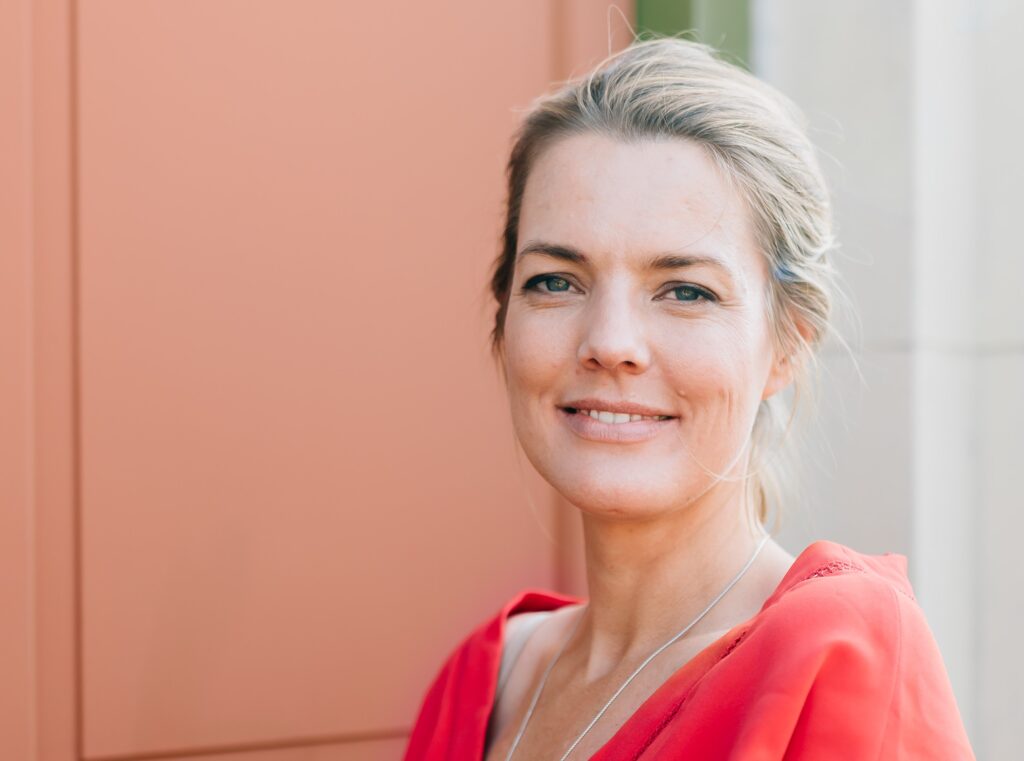Women and money: these are the numbers anno 2023!

Women and money. A match made in heaven, we think. Because once women are financially independent, have money to invest, they are 2x as willing as men to invest their money in projects and initiatives for a sustainable world and society. So imagine: if there were as many women as men investing, with as much money as men, 1.87 trillion (that’s 12 zeros) of wealth would flow into investments for a better world! Unfortunately, we have not reached this point yet. But what about anno 2023? Women and money: these are the numbers anno 2023!
- Still many women (44%) are not financially independent.
- The wage gap (13%) is here to stay. Boo-hoo!
- The pension gap (40% less pension than men) is also breathing down our necks.
- Women do not feel senang in finance (67% do not feel seen, heard and understood).
- In relationships, women are good at managing the so-called household book, but 77% take no action around long-term finances (retirement, investing, saving).
- 86% of asset managers worldwide see men as their target audience.
Note: sometimes we refer to studies done among Dutch women, sometimes we refer to studies done worldwide.
44% not financially independent
Standing on your own two feet as a woman is not at all obvious in the Netherlands. Shocking, but true: nearly 44% of all Dutch ladies do not earn enough money to take care of themselves. In the eyes of the Dutch government, you are financially independent if you earn the minimum salary.
Major life changes such as having children, buying a house or getting divorced still tend to affect women more financially than men. For example, whereas women often start working fewer hours (paid) from the birth of their first child, men generally do not. Some 28 percent of women start working less and 10 percent stop working altogether. Only 8 percent of men stop working after giving birth or started working less.
The 13% wage gap
On average, women in the Netherlands earn a 13% lower gross hourly wage than men. In a working life, this adds up to €300,000 (!) on average. That means, very specifically, that for every euro a man earns, a woman earns 87 cents. In part this is because women are more likely to work in sectors where wages are low, but even after adjusting for 20 factors, there remains an “inexplicable” difference of 7% in business and 5% in government.
One reason for this difference is differences in bargaining. For although women are as likely to ask for a pay raise as men, they are less likely to get what they ask for.
In 2023, a report came out showing, then despite awareness around the salary gap, women still earn less than men. Last time, men’s salaries rose faster (by an average of 16%) than women’s (by an average of 9%).
The 40% pension gap
Picture this. You will soon reach retirement age and what turns out: in all those years of hard work, you have accumulated 40% less pension than your partner or, if you are single, your neighbor. This, even though we know that women live on average six years longer than men. The reason for this “gender pension gap” in the Netherlands is mostly due to women working part-time. But we also earn 13% less salary in the same professions as men which can lead to a wealth gap of up to a million!
Mismatch with the financial industry
A conversation with a good financial advisor can go a long way. This person can help you look at your current situation, this person can look along to your desired future and help you take the right financial actions. Unfortunately, 67% of women do not feel seen, heard and understood by today’s financial institutions. That while 77% of women say that with the help of a good advisor, they would feel much more confident about their financial future.
When it comes to wealth accumulation, important to ensure financial backup later in life, we see that 86% of wealth managers indicate that men are their default clients , and the products they offer are tailored to men’s needs.
The mismatch with the financial industry is problematic, because good advice, good knowledge and thus a boost in your self-confidence are crucial to making the right financial decisions. Anyway, that’s why we created Elfin, of course.
Household book versus long-term
85% of women handle short-term financial matters in the household. The housekeeping book, just for the sake of brevity. Money set aside for summer vacation, message budget and pocket money. Only 23% take action around long-term finances, such as savings, retirement and investments. In itself not so much of a problem when you divide the tasks in a relationship, but again, 40% of couples break up, and 74% of women who have ever gone through a break-up or been widowed indicate that they were unpleasantly surprised by financial choices made by their ex-partner/deceased partner.
Conclusion women and money anno 2023
Work to be done. That much is clear. A woman who is not independent is very likely to end up in poverty. When heterosexual couples separate, the woman loses 29% in purchasing power on average, while the purchasing power of our beloved men actually improves slightly. Poverty is not just an individual problem, but a societal one. We believe that great responsibilities lie with our government and with businesses. For example, governments can redesign child care, and companies are responsible for Equal Pay.
Are you a woman who is financially dependent? Any choice you make is okay, but if you decide to do less paid work, for example, make good arrangements with your partner around financial compensation for the unpaid work you do.





